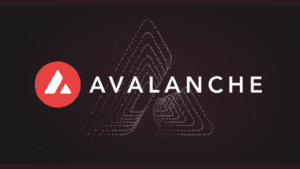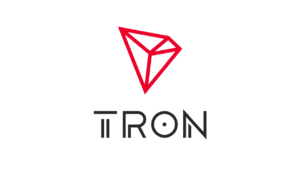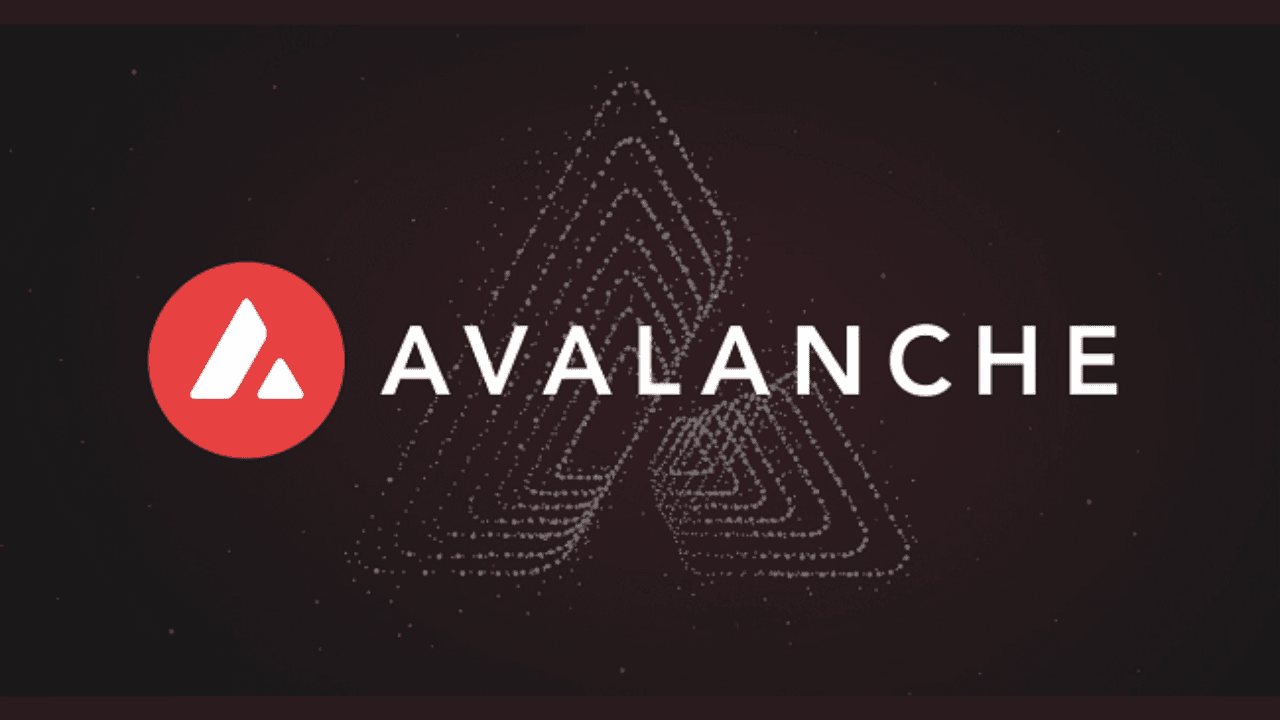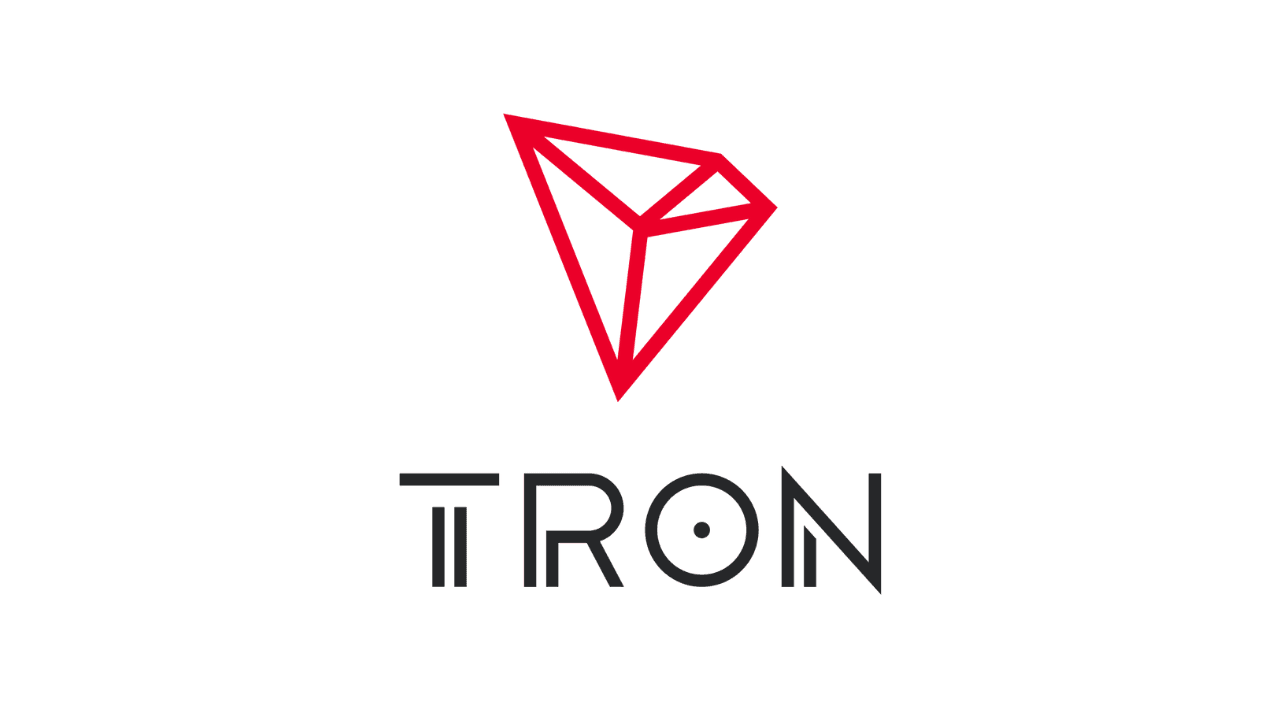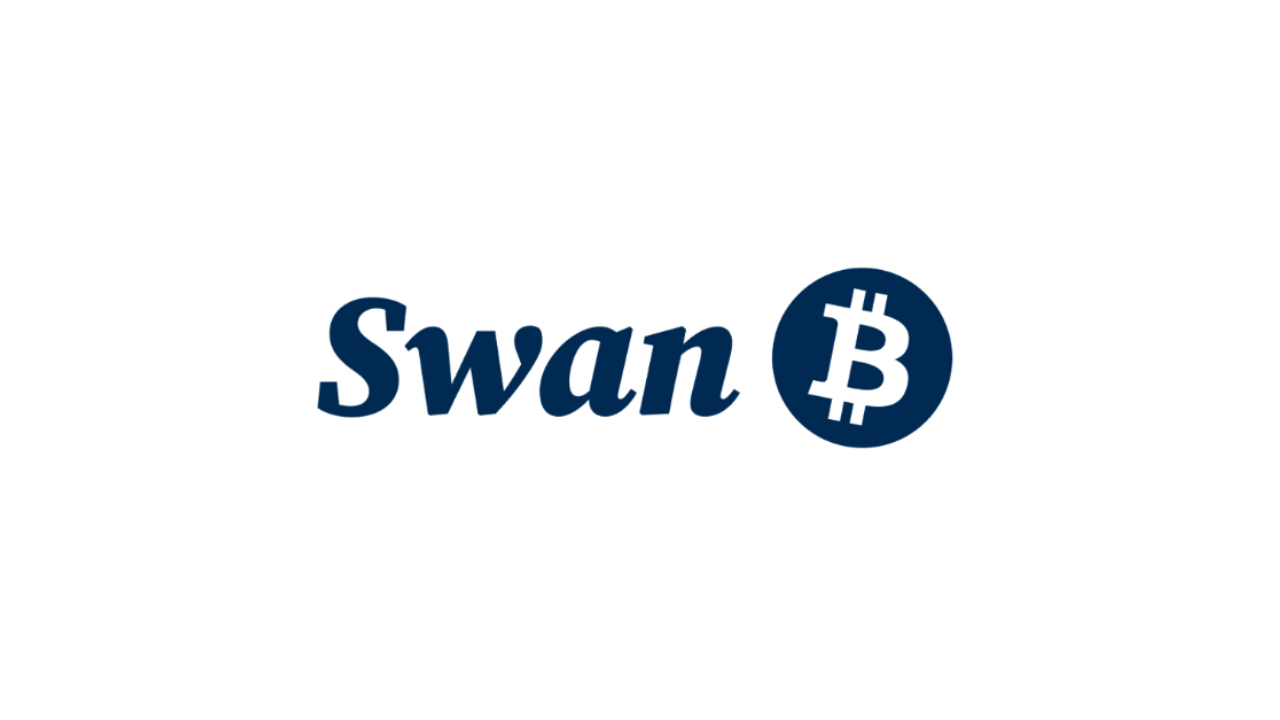Global payment giant Visa is raising its bet on artificial intelligence (AI) in commerce and settlements by setting up a new fund to invest in generative AI ventures. On Oct. 2, Visa announced a new $100 million generative AI initiative to invest in companies focused on developing generative AI technologies and applications related to commerce and payments.
The investment will be curated by Visa’s global corporate investment arm, Visa Ventures, which has been working on supporting innovation in payments and commerce since 2007. Generative AI is a type of AI technology that can create different types of content, including text, audio, image and synthetic data. Major AI chatbots like OpenAI’s ChatGPT and Google’s Bard show the capabilities of generative AI to comprehend and produce humanlike writing.
According to Visa’s chief product and strategy officer, Jack Forestell, generative AI has a promising future in the financial world. Visa’s latest move into generative AI comes on the heels of significant efforts to apply AI technology in the company’s ecosystem. It was one of the first firms in the world to pioneer AI use in payments back in 1993, deploying AI-based technology for risk and fraud management. In 2022, Visa’s real-time payment fraud monitoring solution, Visa Advanced Authorization, reportedly helped prevent an estimated $27 billion in fraud.
Revolutionizing Settlements with VisaNet +AI
In 2021, Visa also introduced VisaNet +AI, a suite of AI-based services focused on fixing delays and confusion with managing account balances and other issues of daily settlement for financial institutions. Some of the VisaNet +AI suite tools include Smarter Stand-In Processing, which aims to improve payment experiences during outages by mirroring issuer approval decisions. Other such products include Smarter Posting, which helps enable faster consumer payment experiences and reduce confusion from posting delays.
Besides actively investing in AI, Visa has also been bullish on using cryptocurrency technology in payments. In April 2021, it shared plans for a new crypto product that is designed to drive mainstream adoption of public blockchain networks and stablecoin payments.



